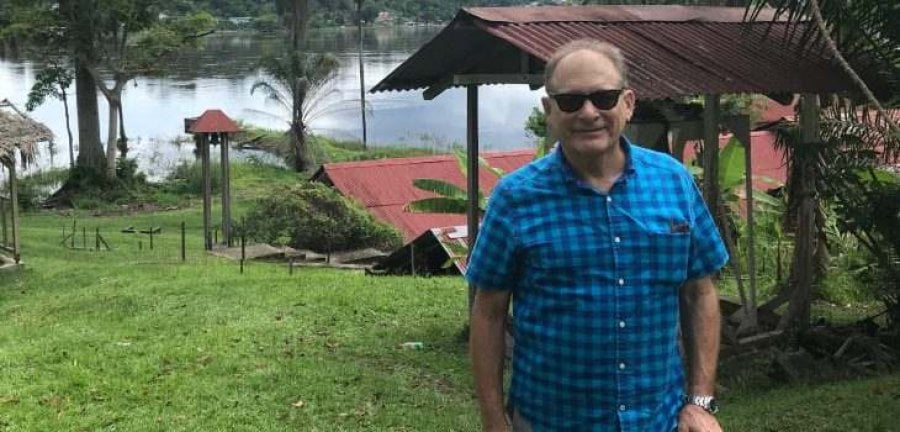COVID-19 Alumni Stories: Dr Stephen Hoffmann
4 August 2020 London School of Hygiene & Tropical Medicine London School of Hygiene & Tropical Medicine https://lshtm.ac.uk/themes/custom/lshtm/images/lshtm-logo-black.png
What are you doing for work now?
Me and my wife run two biotechnology companies: Sanaria and Protein Potential, that have been primarily working on vaccinations for Malaria and enteric diseases for the last 25 years. This has come from partnering research in the USA and Equatorial Guinea, where we are a key part of the Bioko Island Malaria elimination project. Looking at Malaria particularly this has had quite a lot of success. Over the course of 35 trials, we’ve seen that it can be proven highly protective against Plasmodium falciparum infection in humans. We were about to run phase three trials on a new vaccine, but these have been delayed by the onset of COVID-19. One other major success has been our research into ‘E-Tec’ or ‘travellers diarrhoea’, which has also provided an effective vaccine. It’s not glamorous but absolutely vital for saving lives given the continued problems faced by faecal borne illness. For all of our vaccines, we also seek licencing by the USDA and ECDC, to ensure the highest standards have been met. After all, morally, why should something not deemed acceptable in the USA and Europe be seen as ok for use in Africa?
How has the COVID-19 outbreak affected your work?
We have managed to minimise some effects: for example, we are proud of the fact we’ve not laid off any staff, and we have made staff safety and wellbeing our primary consideration; but it has had a big toll in other ways. We have three infectious disease specialist doctors on staff, including myself, leading these efforts. We found the most effective way to track COVID-19 in our staff members, and we have had one case who was able to self-isolate, has been through getting them to complete a very detailed ‘contact tracing’ for themselves. Taking temperatures or other measures when on-site simply wouldn’t work, would be a risk for the person taking it and also act as a potential vector for COVID-19 if not done entirely correctly.
Our Research lab in Equatorial-Guinea has been converted to running testing for COVID-19, and given the lack of national infrastructure otherwise had been the only place in the country doing testing, so far there have been 300 cases diagnosed. We are also supporting efforts at the Swiss Tropical and Health Institute in Tanzania and sharing knowledge across the region.
A direct effect has been its much harder to recruit people for testing and trials, due to both lockdowns reducing the ability of travel and also to find people who are healthy volunteers, as we simply don’t know the potential issues around interaction between Plasmodium and Sars-COVID yet. It’s vital though that we don’t forget about running these clinical trials and continuing to work toward vaccines for Malaria and other illnesses. Even if COVID-19 remains highly infectious and dangerous, it will still be the case that for every two cases of COVID-19 you would still get three with Malaria. This then remains a more pressing, tangible and deadly problem for people and one that we can’t allow to get worse because we’re distracted by this outbreak.
Could Anti-Malarial Drugs work against COVID-19?
There’s simply a lack of evidence on this still. What a lot of those advocates for using malaria medicine miss- when they site the low numbers of cases in Africa as ‘proof’ – is that the medicines they are pedalling simply aren’t used in Africa as they don’t work!
How has your time at LSHTM helped you?
It has provided some vital connections with people we still work closely with. We have collaborated with the MRC in The Gambia on a paper produced last year, and academics at LSHTM such as Professor Brian Greenwood continue to lead the field in their research.